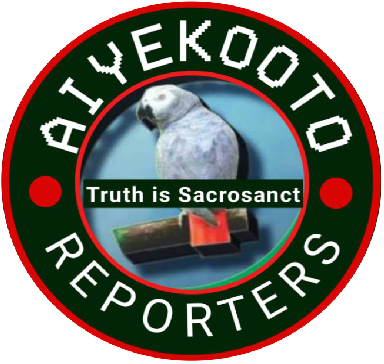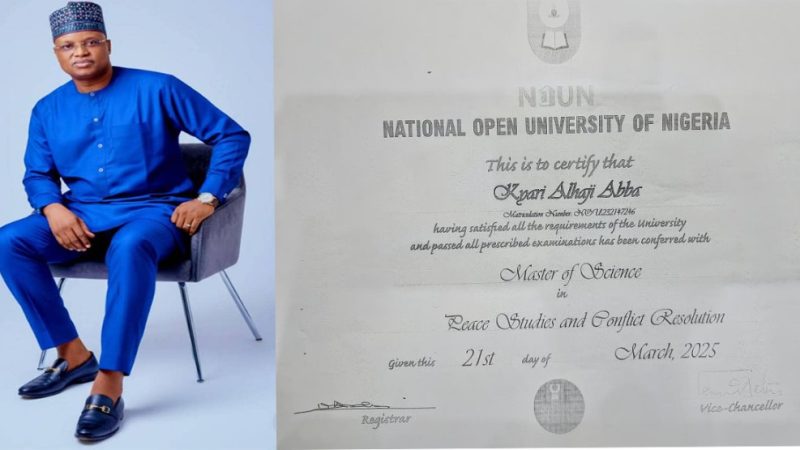The court which gave the order on Tuesday said that the fine against the Republic of Benin was for unlawfully detaining and violating Igboho’s fundamental human rights
The Court of Justice of the Economic Community of West African States (ECOWAS) has declared the detention of Nigerian secession agitator Sunday Adeyemo, popularly known as Sunday Igboho by the government of the Republic of Benin as a violation of his fundamental rights.
The court declared as established the violation of his right to liberty and security and also declared as established the violation of his right to freedom of movement.
The regional court awarded 20,000,000 (twenty million) FCFA (N26.3 million) against the Republic of Benin as reparation for moral damages suffered by violation of Igboho’s rights.
The judgement was given on December 5, 2023 by the court which was composed of Hon. Justice Gberi-BE QUATTARA -Presiding; Hon. Justice Sengu Mohammed KOROMA-Member and Hon. Justice Ricardo C.M. GONÇALVES-Judge Rapporteur and assisted by Dr Yaouza OURO-SAMA-Chief Registrar.
The Applicant (Igboho) was represented by Tosin Ojaomo, Esq.
The court which gave the order on Tuesday said that the fine against the Republic of Benin was for unlawfully detaining and violating Igboho’s fundamental human rights.
Igboho was arrested alongside his wife, Ropo, in July 2021 in Cotonou, Benin Republic and detained at the request of the government of then-Nigerian President, Muhammadu Buhari.
Adeyemo had planned a “Yoruba nation rally” in Lagos two days before a combined team of the Nigeria Army and personnel of the Department of State Services raided his residence in the Soka area of Ibadan, Oyo State, killing some of his associates and arresting others.
Though the application was served on the Respondent (Benin Republic), it did not reply or have any representation in court in the course of the proceedings.
The court ruled that “the detention of the Applicant constitutes a violation of Article 12 of the African Charter”.
It noted that “the Applicant was arbitrarily detained and his passport was seized by the Respondent’s agents”.
“The Respondent State has not provided any justification for restrictions that would fall under the provision of Article 12(2) of the Charter, such as protection of national security, law and order, public health or morality that would justify the restriction of the Applicant’s rights to freedom of movement,” it said.
The Applicant prayed the Court to order the Respondent to compensate him in an amount equivalent to $1,000,000 (US) for each day he was imprisoned in Benin until the date of his release and the devolution of his Nigerian passport.
Regarding the prayer, the court held: “In the instant case, it has been shown that the Respondent State, through its agents, violated the Applicant’s rights to liberty and security and the right to freedom of movement, as set out above, which entitles the Applicant to reparation.
“Now, considering the seriousness of the rights violated and their consequences for the Applicant, making a global and equitable assessment, the Court awards the Applicant, by way of compensation for the immaterial damage he has suffered, the sum of 20,000,000 (twenty million) FCFA.
“The Applicant said nothing about the payment of costs.
“Article 66 (1) of the Court’s Rules of Procedure provides that “The judgment or order that ends the process decides on expenses.”
“Paragraph 2 of the same Article states that “The unsuccessful party is ordered to pay the costs if so decided.”
“Thus, in light of the above provisions, the Court considers that the Respondent, as the losing party, will bear the costs of the proceedings, and the Chief Registrar is responsible for settling them.”








